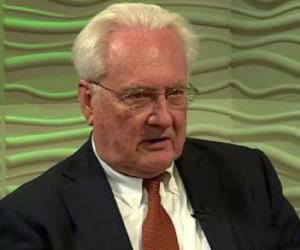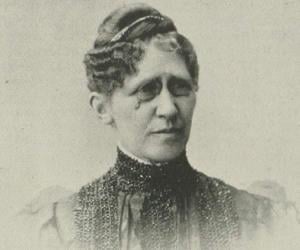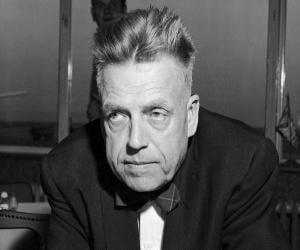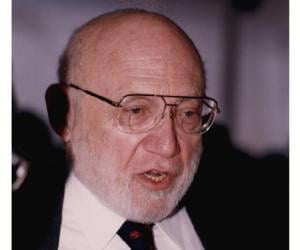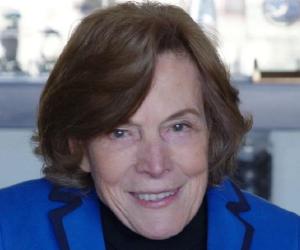

Alfred Kinsey was an American biologist, sexologist, and professor of zoology and entomology. He is credited with founding the Indiana University's Institute for Sex Research in 1947. Kinsey's research on human sexuality and his other works have influenced cultural and social values in the USA as well as internationally. In 2012, Kinsey was inducted into Chicago's Legacy Walk.
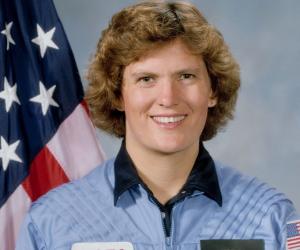
US oceanographer, geologist, and former US Navy officer and NASA astronaut Kathryn D. Sullivan scripted history in 1984 when she became the first woman from the US to walk in space. Apart from being part of 3 Space Shuttle missions, she also worked in various administrative posts at the National Oceanic and Atmospheric Administration.
Joshua Lederberg was an American molecular biologist best remembered for his work in the field of artificial intelligence, microbial genetics, and the US space program. In 1958, Lederberg won the Nobel Prize in Physiology or Medicine when he was just 33; he won the prize for discovering bacterial conjugation. In 2006, he was honored with the Presidential Medal of Freedom.
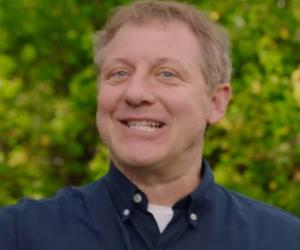
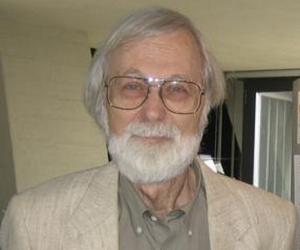
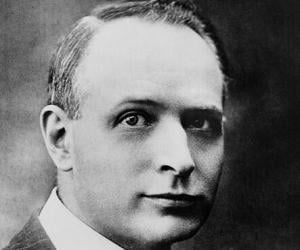
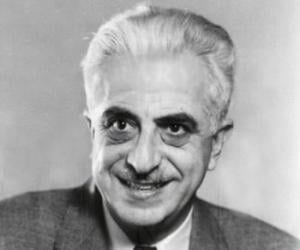
Gregory Goodwin Pincus revolutionized medical science by co-inventing the first oral contraceptive or birth control pill. The Cornell and Harvard alumnus was born to Russian Jewish immigrants and had an IQ of 210. Though he initially studied agriculture, he later focused on the study of hormones, steroids, and fertility.
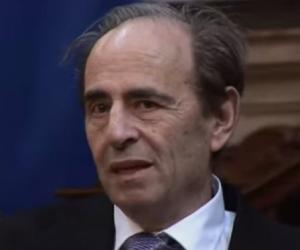
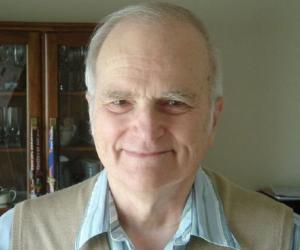
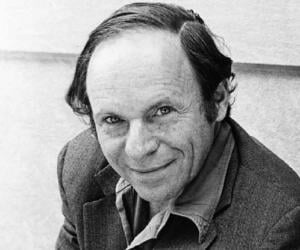
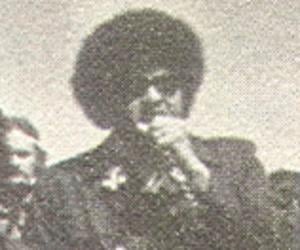
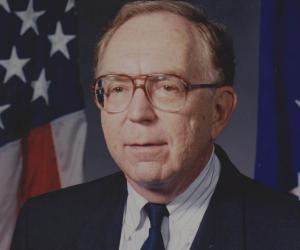

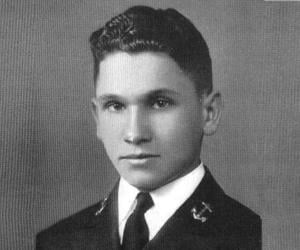
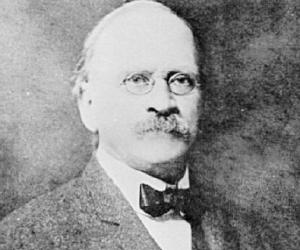
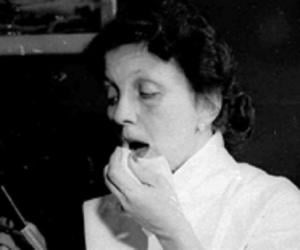
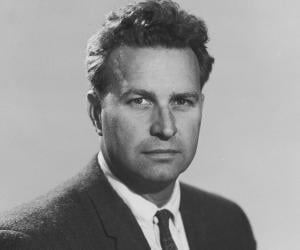
Robert S. Dietz was an American scientist, marine geologist, oceanographer, and geophysicist. He is best remembered for conducting pioneering research concerning seafloor spreading along with Harry Hammond Hess. Robert S. Dietz was also interested in meteorite impacts and is credited with discovering numerous impact craters, including the Sudbury Basin.
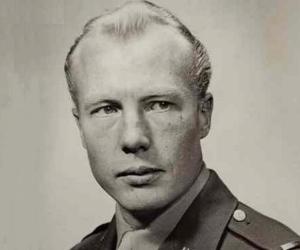
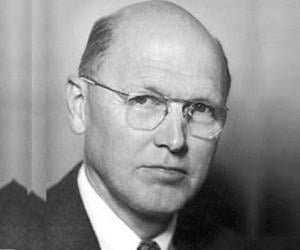
Dickinson W. Richards was an American physiologist and physician. He is best remembered for winning the 1956 Nobel Prize in Physiology or Medicine for the invention of cardiac catheterization. Over the course of his illustrious career, Dickinson W. Richards was also honored with several other prestigious awards, such as the John Phillips Memorial Award and the Trudeau Medal.
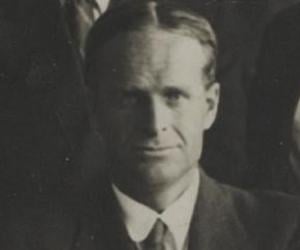
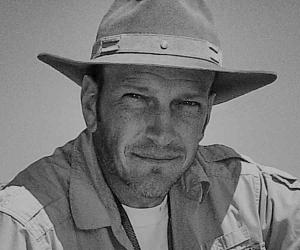
Kenneth Lacovara is an American paleontologist who works at Rowan University. Lacovara is credited with the discovery of Dreadnoughtus. He was also involved in the discovery of the Paralititan. In 2017, he published his book Why Dinosaurs Matter which earned him a Nautilus Book Award. He has also been honored by the Explorers Club with the prestigious Explorers Club Medal.
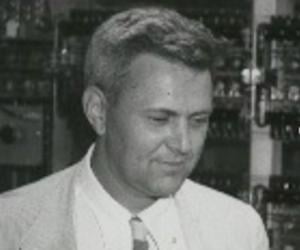
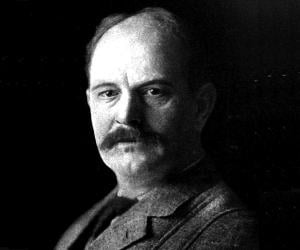
Frank Chapman was an American ornithologist and writer of field guides. He is best remembered for his immense contribution to magazines and scientific journals like the National Geographic Magazine. Frank Chapman also wrote numerous ornithological books, such as Birds of Eastern North America, Bird Life, and Life in an Air Castle.
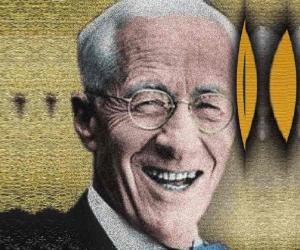
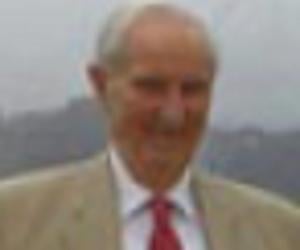
William Edwin Gordon was a pioneer in the research on the ionosphere. An electrical engineer, he earned a PhD from Cornell before joining the faculty of Cornell and then Rice University. He was also associated with the Arecibo Observatory. His radar telescope in Puerto Rico is used for radar astronomy.


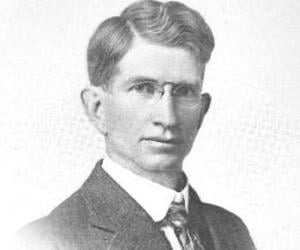
Joseph Barrell was an American geologist best remembered for his theories on the origins of the Earth and sedimentary rocks. He is also remembered for his work with the US Geological Survey. Joseph Barrell also worked as an educator; he received an invitation from Yale University in 1903 to come up with a course in structural geology.
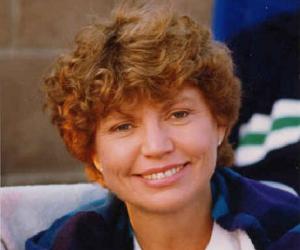

Maurice M. Rapport was a biochemist known for his work with the neurotransmitter serotonin. He collaborated with Irvine H. Page and Arda A. Green to isolate and name the chemical. He also conducted important research in the fields of cancer, cardiovascular disease, and connective tissue diseases. He worked at the Sloan-Kettering Institute for Cancer Research.
